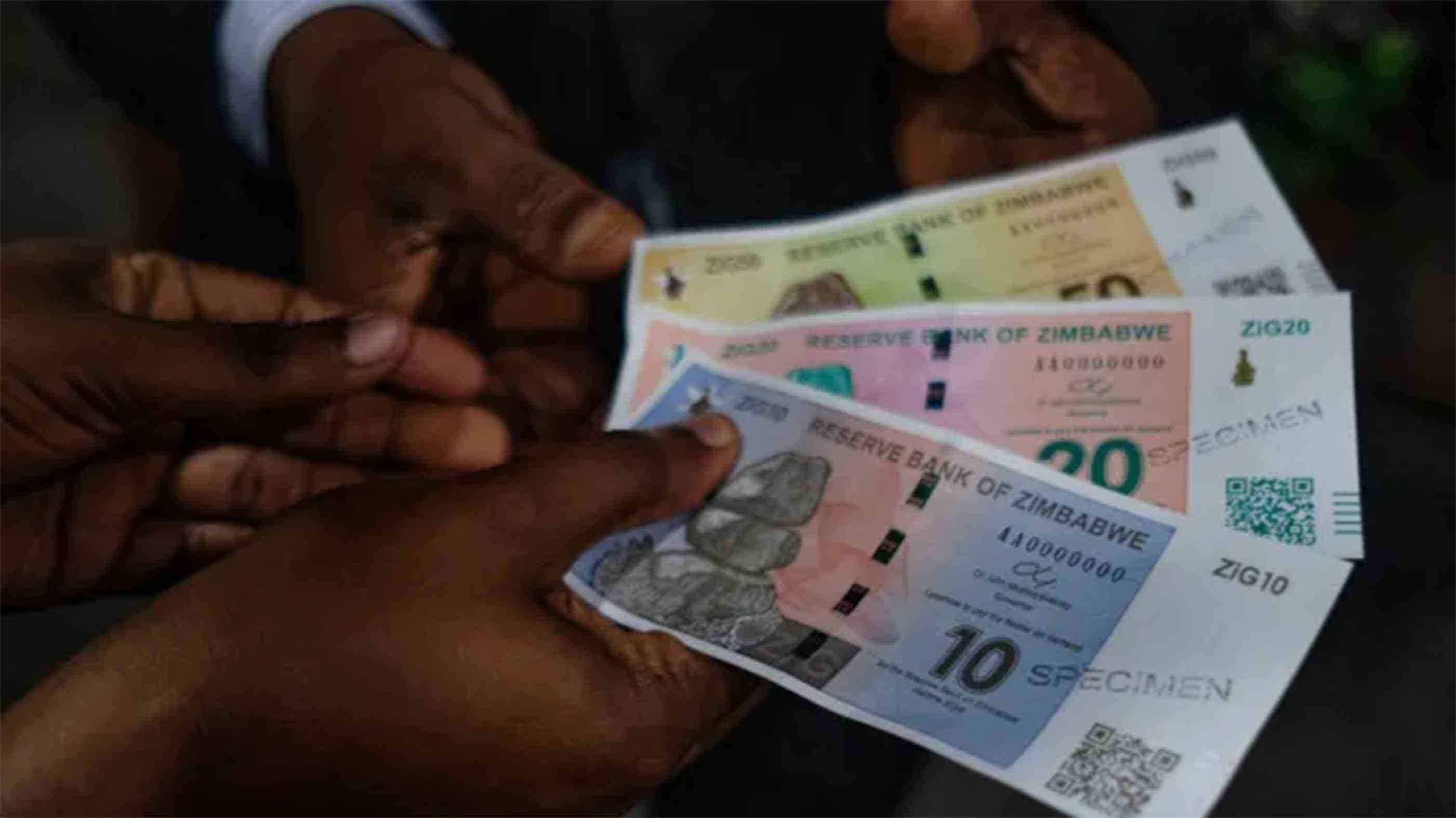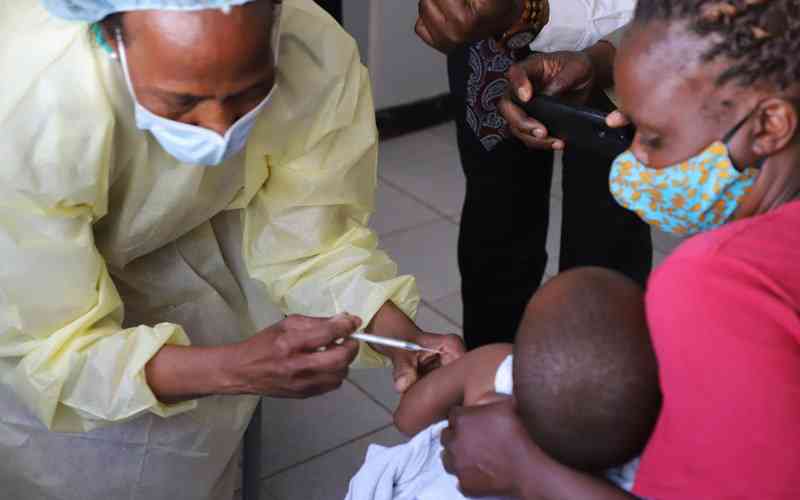
WITH the COVID-19 pandemic showing no signs of receding any time soon following a renewed increase of cases, leaders of our sport must look for a sustainable solution to mitigate its effects among athletes who earn a living from sports.
A surge in new COVID-19 cases in the country in the last few weeks forced government to come up with a cocktail of measures with Vice-President Constantino Chiwenga, who is also Health minister announcing a blanket ban on public gatherings including sporting activities.
The decree forced sport associations to engage the government to have the suspension of activities lifted, with Zimbabwe Cricket (ZC) being the first to raise concern.
In response, the Sports and Recreation Commission (SRC) gave the greenlight to 24 low-risk sport codes, including cricket to resume activities.
Cricket was in the middle of an international engagement with South Africa but football, deemed a high-risk sport code along with rugby, volleyball and boxing, among others, remain banned.
With athletes and general staff that earn a living from sport having endured more than a year without receiving a standard salary due to the pandemic, the latest ban poses an enormous challenge to leaders of the sport to find ways to ensure athletes earn a decent salary.
It’s critical for the game’s leaders to share notes on how to sustain the athletes under the new circumstances. While world football governing body, Fifa and ICC during lockdowns chipped in to rescue the sport, the cake was too small. Considering the rate at which infections and deaths are rising, it is imperative for sports administrators to find sustainable solutions to problems confronting sport as the current wave is likely to have more profound effects than the previous one.
On Saturday, Zimbabwe recorded 10 COVID-19 deaths, which brought the number of people who succumbed to the virus last week to 40, with an average of five people dying daily.
- Chamisa under fire over US$120K donation
- Mavhunga puts DeMbare into Chibuku quarterfinals
- Pension funds bet on Cabora Bassa oilfields
- Councils defy govt fire tender directive
Keep Reading
These statistics should galvanise the leaders of Zimbabwean sport to come together and exchange ideas on a sustainable solution to the challenges confronting athletes in these trying times.
Another burning issue that remains unresolved to this day is that of player contracts. We have had a situation where soccer players switched to other clubs after the expiry of their contracts, with clubs which were taking care of their welfare when football was not being played not receiving any compensation. Those clubs ended up refusing to clear players demanding compensation. Some players missed the initial games of the Chibuku Super Cup tournament as they were not cleared to play in the games.
The leaders of the game must take the opportunity to right the wrongs of the past and ensure that should government allow football activity to resume, the game will run smoothly.










